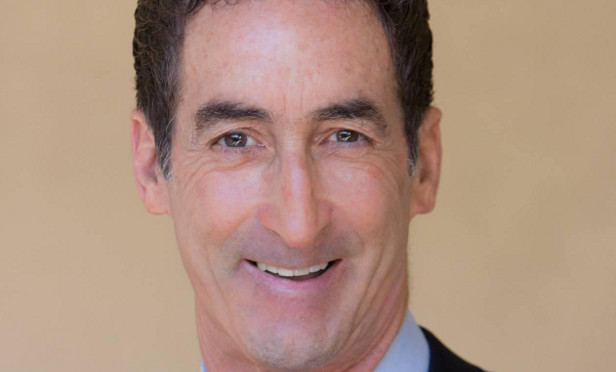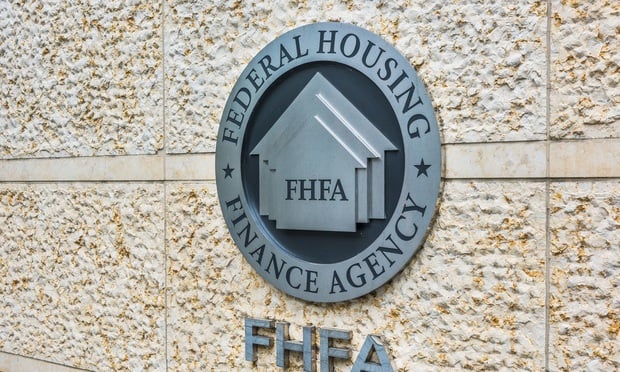
SAN DIEGO—From texting and messaging apps to mobile-ready booking processes, today's hotels need to stay current with Millennial guests by understanding how they want to communicate and their technology-driven way of life, RAR Hospitality's CEO Robert Rauch tells GlobeSt.com. Rauch says Millennials are shaping the hotel industry as the new consumer and market for hotel businesses to target. We spoke with him about how hotels are marketing themselves to Millennials and which services are changing as a result of this shift.
GlobeSt.com: How are hotels marketing themselves to Millennials?
Rauch: Marketing has evolved in warp speed over the past few years. Millennials are a generation driven by technology; ergo, marketing must keep up with this ever-expanding industry. This begins with the basics of understanding how our new guests want to communicate. Social media is a way of life now and has overtaken more traditional advertising venues. Texting and messaging apps are the preferred way of communication, and being able to connect with Millennials at this level is key to any good marketing strategy. Also, Millennials have become familiar with user-friendly apps, like Uber, so a simplified booking process that is mobile ready is paramount.
GlobeSt.com: What hotel services and amenities are changing as a result of this new focus?
Rauch: Having our teams being able to communicate via text or any messaging app directly with our Millennial guests is a huge focus to ensure we're providing “wow” customer service. One of the important in-room amenities that needs to change quickly is entertainment. Millennials are used to being able to access their on-demand streaming content easily on their HD televisions at home. Hotels want to provide a premium experience at all levels of a guest's stay, so this technology should be updated quickly. Another area that will continue to evolve is the food-and-beverage experience at full-service hotels. Look for defined dining spaces to evolve into more open-space and multi-use spaces. In a similar thought, I believe that specific menus for different dining outlets within a hotel will be a practice of the past. By this, I mean that guests will be able to order off the full menu whether they are dining at the restaurant, in their room or by the pool. If a guest wants it, we deliver.
GlobeSt.com: How are hotels utilizing and training Millennial employees to service this new guest cohort?
Rauch: Millennials understand each other, so developing young talent is essential. We look to this generation to teach us what this new guest wants and to be able to speak their language across all platforms. A younger team member may not have years of experience within the industry, but their knowledge and suggestions are extremely useful. These are the next generation of hoteliers, and they have grown up in a world much more connected than any to come before it.
GlobeSt.com: How are hotels attracting and retaining Millennial talent?
Rauch: Developing a company culture that promotes growth and genuine care is a great way to attract and retain talent. If we take care of our team, then they take care of our guests, and the hotels get to enjoy the success. It is a win-win situation. Solid benefits have become a mainstay at most businesses, and ensuring these are in place is another way to increase retention.

SAN DIEGO—From texting and messaging apps to mobile-ready booking processes, today's hotels need to stay current with Millennial guests by understanding how they want to communicate and their technology-driven way of life, RAR Hospitality's CEO Robert Rauch tells GlobeSt.com. Rauch says Millennials are shaping the hotel industry as the new consumer and market for hotel businesses to target. We spoke with him about how hotels are marketing themselves to Millennials and which services are changing as a result of this shift.
GlobeSt.com: How are hotels marketing themselves to Millennials?
Rauch: Marketing has evolved in warp speed over the past few years. Millennials are a generation driven by technology; ergo, marketing must keep up with this ever-expanding industry. This begins with the basics of understanding how our new guests want to communicate. Social media is a way of life now and has overtaken more traditional advertising venues. Texting and messaging apps are the preferred way of communication, and being able to connect with Millennials at this level is key to any good marketing strategy. Also, Millennials have become familiar with user-friendly apps, like Uber, so a simplified booking process that is mobile ready is paramount.
GlobeSt.com: What hotel services and amenities are changing as a result of this new focus?
Rauch: Having our teams being able to communicate via text or any messaging app directly with our Millennial guests is a huge focus to ensure we're providing “wow” customer service. One of the important in-room amenities that needs to change quickly is entertainment. Millennials are used to being able to access their on-demand streaming content easily on their HD televisions at home. Hotels want to provide a premium experience at all levels of a guest's stay, so this technology should be updated quickly. Another area that will continue to evolve is the food-and-beverage experience at full-service hotels. Look for defined dining spaces to evolve into more open-space and multi-use spaces. In a similar thought, I believe that specific menus for different dining outlets within a hotel will be a practice of the past. By this, I mean that guests will be able to order off the full menu whether they are dining at the restaurant, in their room or by the pool. If a guest wants it, we deliver.
GlobeSt.com: How are hotels utilizing and training Millennial employees to service this new guest cohort?
Rauch: Millennials understand each other, so developing young talent is essential. We look to this generation to teach us what this new guest wants and to be able to speak their language across all platforms. A younger team member may not have years of experience within the industry, but their knowledge and suggestions are extremely useful. These are the next generation of hoteliers, and they have grown up in a world much more connected than any to come before it.
GlobeSt.com: How are hotels attracting and retaining Millennial talent?
Rauch: Developing a company culture that promotes growth and genuine care is a great way to attract and retain talent. If we take care of our team, then they take care of our guests, and the hotels get to enjoy the success. It is a win-win situation. Solid benefits have become a mainstay at most businesses, and ensuring these are in place is another way to increase retention.
Want to continue reading?
Become a Free ALM Digital Reader.
Once you are an ALM Digital Member, you’ll receive:
- Breaking commercial real estate news and analysis, on-site and via our newsletters and custom alerts
- Educational webcasts, white papers, and ebooks from industry thought leaders
- Critical coverage of the property casualty insurance and financial advisory markets on our other ALM sites, PropertyCasualty360 and ThinkAdvisor
Already have an account? Sign In Now
*May exclude premium content© 2025 ALM Global, LLC, All Rights Reserved. Request academic re-use from www.copyright.com. All other uses, submit a request to [email protected]. For more information visit Asset & Logo Licensing.








